Support for Schools to Promote Student Voice

Democratic Education in Schools (DESC)
DESC is a European project, funded by the Erasmus+ Programme, which aims to promote the integration of democratic educational approach into the European education systems.
Their resources include:
- Research on democratic education in Europe;
- Training for teachers in democratic education;
- An open platform to make the training and policy guidelines accessible to all.

The Wellbeing Ambassadors Programme
The Wellbeing Ambassadors Programme is a project based learning programme that enables schools to develop a student-led and whole school approach to improving wellbeing provision.
Delivered by States of Mind, the programme provides a methodology for student leaders to research the underlying issues impacting student mental health and to design and implement new projects and interventions within their school.
“We improved upon existing projects that attempted to target wellbeing but were fundamentally flawed as they felt structured and disingenuous; we made it more authentic and tailored to each individual student. I loved seeing people benefit from changes we directly implemented as a team.”
Student Wellbeing Ambassador, Newham Borough
The Wellbeing Ambassadors Programme has been developed with six colleges in Newham Borough, London and has enabled schools to enable student’s voices, creativity and needs to shape the way the school or college responds to previously unaddressed issues. To date, over 15 projects have been developed, including mentoring programmes, wellbeing apps, new careers services, peer support groups and wellbeing resources.
States of Mind offers training for school staff and psychologists to deliver the Wellbeing Ambassadors Programme in their educational setting and offers ongoing consultation and support throughout the process.
“The States of Mind Wellbeing Ambassadors Project has been a transformative experience for our students and had a huge impact on the culture of student led wellbeing at our Sixth Form. The design principles employed in the programme ensure that students develop their knowledge, but also their ability to empathise and understand the impact of wellbeing needs on the whole school community.
The student-led approach places the responsibility for identifying and addressing the most pertinent concerns firmly in the students’ hands, ensuring the response is a tailored fit for their peers. It is such a refreshing and empowering approach compared to the top down, directive curricula and resources I have seen used elsewhere. I cannot recommend States of Mind highly enough.”
Alex Henderson, Deputy Head of Sixth Form, School21

StudentVoice
Previously known as the English Secondary Students Association, StudentVoice has a strong history of engaging with young people and working with decision makers as well as the media.
StudentVoice believes that every student should be able to represent their views about their school and their education. As such, they provide training for secondary school students in confidence building, communication skills, campaigning and consultation. They also offer a training package for teachers and governors.
StudentVoice invites your school to become a StudentVoice School. For a small fee, you will receive a number of benefits including a 10% discount on training by the Phoenix Education Trust.
You can find out more here: http://studentvoice.co.uk/sites/default/files/StudentVoice%20Schools%20brochure.pdf
Pupil Participation
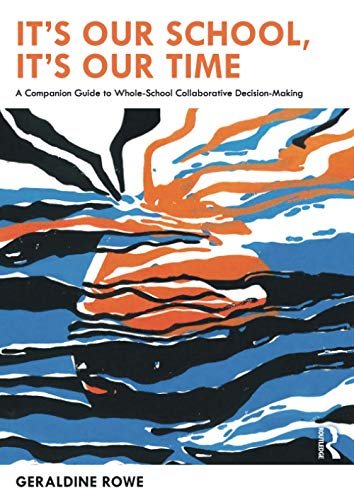
Dr Geraldine Rowe, teacher, former educational psychologist and author of ‘It’s Our School, It’s Our Time: A Companion Guide to Whole-School Collaborative Decision-Making’ is running seminars and workshops for schools on collaborative decision making.
“When pupils are involved in making important decisions about what goes on in their schools and classrooms, engagement and productivity increase and behaviour improves.
Decisions can be made in collaboration with pupils about curriculum, discipline, the environment, or resource and time management. Collaborative decision-making has the potential to make a significant difference to well-being and educational outcomes, particularly for under-privileged pupils.”
Find out more at https://pupilparticipation.co.uk/. You can also read an article describing Dr Rowe’s doctoral research into shared decision-making in the classroom which offers hope and encouragement to teachers and school leaders who seek greater collaboration with their pupils.
Here’s a fantastic interview Geraldine Rowe took part in with Dr James Mannion on his Rethinking Education podcast:
“This is a conversation that goes right to the heart of the what I see as the main problem with the mainstream model of education – coercion isn’t good for kids, even if it gets results in the short term – and Geraldine offers lots of practical advice for teachers who want to move in a more collaborative, consent-based direction.”
Dr James Mannion
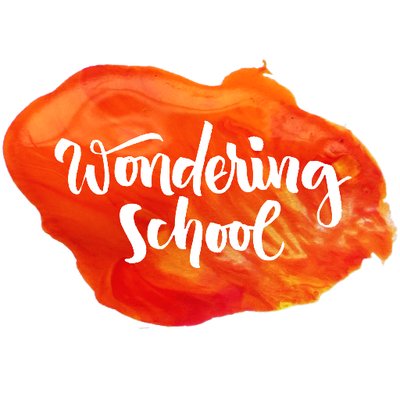
Sociocracy for Schools
Wondering School, the creators of the film School Circles offers a Sociocracy for Schools course which aims to support schools and learning communities in the implementation of ‘school circles’, based on the practice of sociocracy.
“Sociocracy is a method of governance based on dialogue and inclusion of all people in the decision-making process, in a way that all voices are heard. This model is an alternative to majority rule decision-making, which frequently generates exclusion of minorities, segregation and resistance to change.”
The principles of sociocracy developed in the course are:
1. Consent – decision-making based on no objections
2. Circle – group with aim and domain, using rounds and consent decision-making
3. Sociocratic Selection – open selection of roles based on consent
4. Double Links – feedback and communication between circles
Their intention is the empowerment of the school community through the development of essential facilitation skills, so the school can manage itself with autonomy after the course. It offers practical tools for collective decision-making and conflict mediation, which can be applied in any meeting with students, staff and parents.
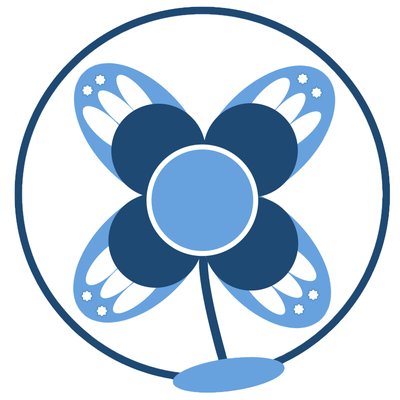
Sociocracy for All
Sociocracy for All (SoFA) is a non-profit bringing sociocracy to the world. They research the effects of sociocracy in schools and create materials for implementing sociocracy with children and young people.
“We are hopeful that SoFA can be a leader in supporting bringing sociocracy to the next generation.”
If you want to learn collaborative decision-making through sociocracy, they have produced a free 4-part video series which will walk your group through using:
- Rounds
- Consent decision-making
- Collaborative proposal-forming
- Sociocratic selection process
- For selecting people into roles
- For nominating and choosing between options
- Feedback
These topics are designed to complement SofA Youth and Education Program Manager, Hope Wilder’s book, Let’s Decide Together.
Find out more about Hope Wilder’s work in the short video below:
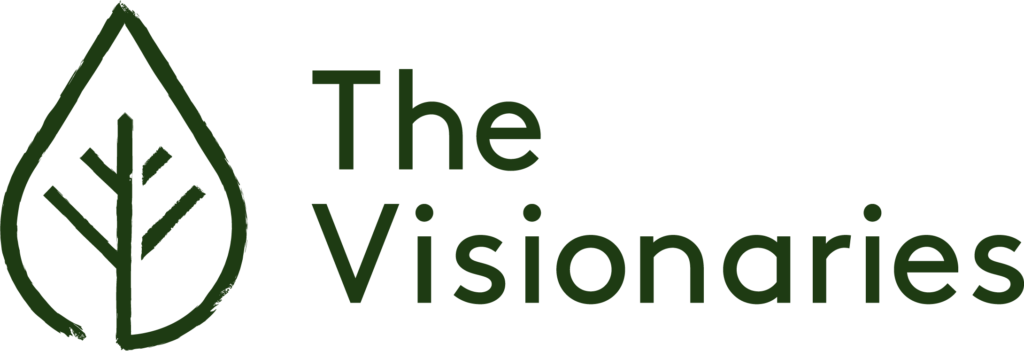
Hosting Talking Circles
The Visionaries are hosting training days for educators who want to enhance their facilitating skills, confidence and embrace the transformative power of hosting talking circles.
“In this training day we develop our ability to host talking circles as a powerful tool to promote self-expression, build compassion and embrace adversity as gateways to healthy individual and collective growth.
Talking circles offer a way to have powerful conversations, creating bonding relationships between young people and adults, and can be used to resolve conflicts or challenges (including challenging behaviour) in the classroom. They help to put into practice many of the values we say we wish to live by e.g. kindness, honesty, respect, compassion, acceptance, courage…”
Children Heard

Children Heard is a non-profit initiative started by Dr May Lene Karlsen and Dr Gail Sinitsky.
“Our aim is to create innovative ways of hearing children aged 12 and under on the big issues that affect us all. We believe that children’s voices and participation changes the way we understand and make decisions at every level of society: From families, schools and local services to international decision-making and politics.”
VotesforSchools

VotesforSchools is an award-winning platform giving students a voice on the issues that affect them most.
“VotesforSchools provides weekly resources for teachers in the UK to prompt impartial discussion on a challenging current issue. Students vote and comment and we ensure that their voices are heard and have an impact.”
They provides zero-prep packages for Primary, Secondary and Colleges created by teachers:
“Our team of teachers create downloadable lessons that tackle some of the biggest issues for children and young people today. We understand the lives of busy teachers who may not be experts in all things current affairs, but yet are the ones students come to, to help them make sense of the world.”
After each lesson students vote, making their voice on the issue heard. The VotesforSchools voting platform enables schools to see how their students have voted compared to the national picture as well as broken down by age and gender, giving you a real insight into what they think and feel about a range of diverse issues.
VotesforSchools works alongside influential bodies such as government departments, police, media, celebrities and charities who respond to the students showing them their voice is being heard.
Finding My Voice

Created by education consultant, Rachel Higginson, Finding My Voice is a course for young people to help them to become more confident in speaking, whether this is publicly, to their friends or in sharing their feelings more clearly.
It also helps young people to share and discover what their individual talents and interests are, and how they can develop these during their school life and into their ambitions for the future.
“Every project is unique to the young person’s needs. Normally it will begin with a ‘getting to know you’ session and as the course develops it becomes a personalised project. Each project has a real-life purpose. This may be an individual or group venture creating something, performing or going to meet someone inspiring…the options are endless!”
Students as Associate Governors
Did you know that schools can appoint students as Associate Members of their governing bodies?
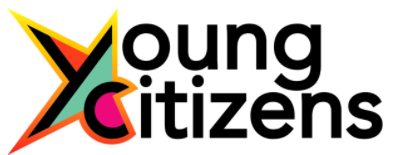
The Institute for Public Policy Research partnered with the Citizenship Foundation in 2004 on the ‘I was a teenage governor’ project.
This was intended to be used as a practical tool for any school considering the appointment of its pupils as Associate Governors. You can find the reports of the first and second stages of this project in our Research section.
“Another Way is Possible“
Like the idea of a democratic classroom but don’t know where to start? Derry Hannam, a former deputy head and Ofsted inspector has authored a book called ‘Another Way is Possible – Becoming a Democratic Teacher in a State School’.
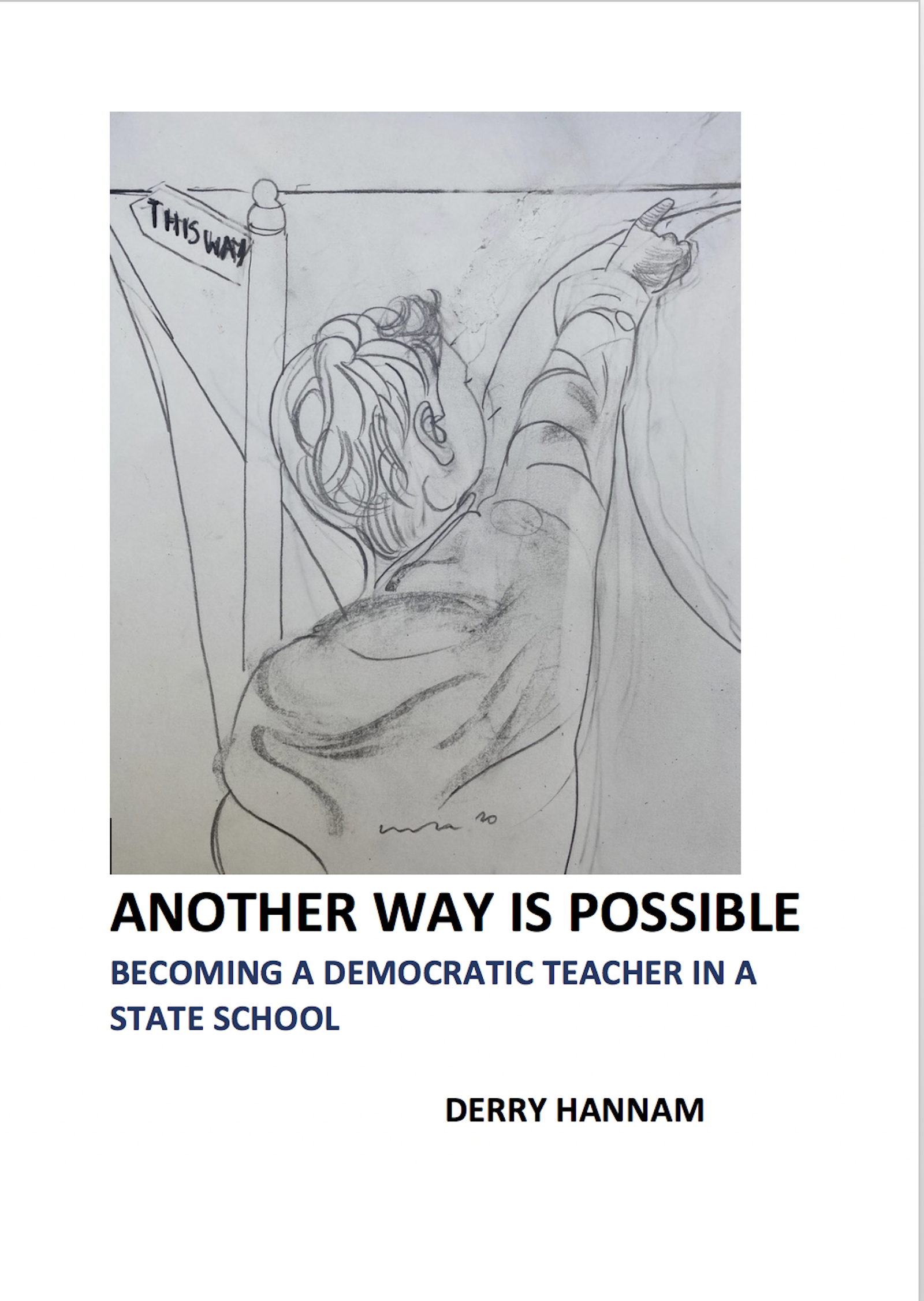
It tells the story of how he created non-coercive spaces within the compulsory, coercive, authoritarian and hierarchical school system.
The book is designed to encourage those training to be teachers, or in the early years of their careers, to dare to seek an alternative to tightly prescribed curriculum and behaviour management. To look for and create opportunities for students to find and pursue their passions and interests in the context of self-managing democratic communities.
Derry has very kindly given us permission to publish chapter six on our website.

